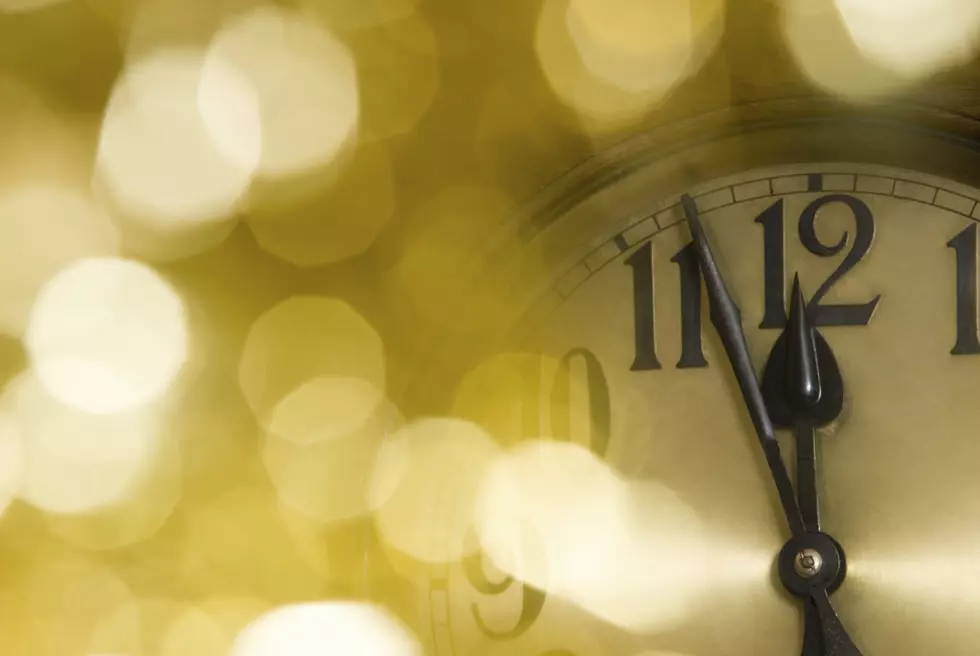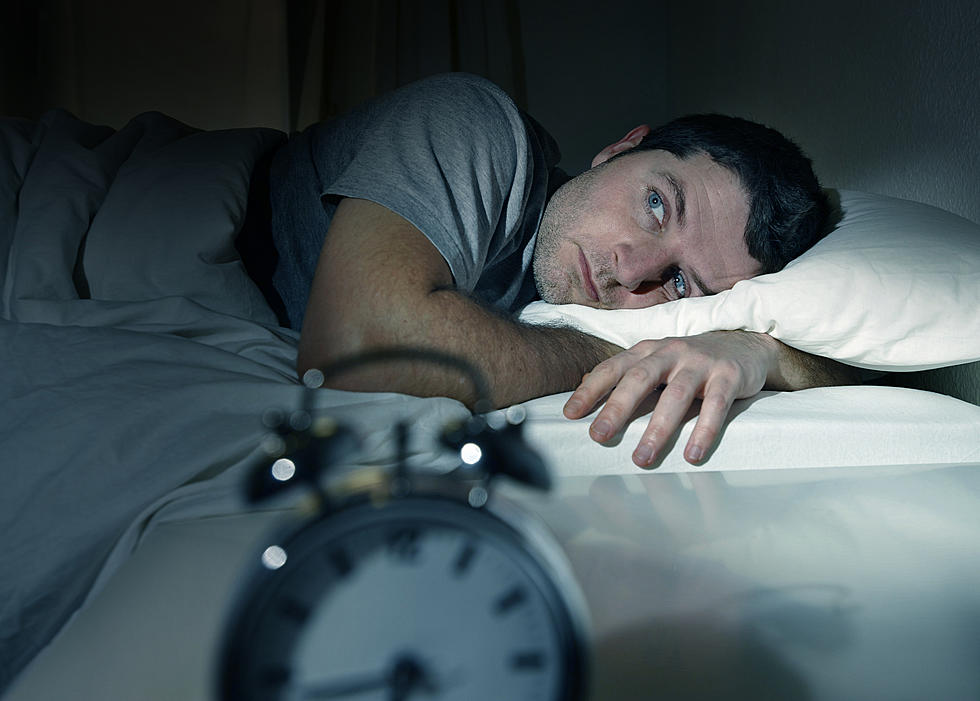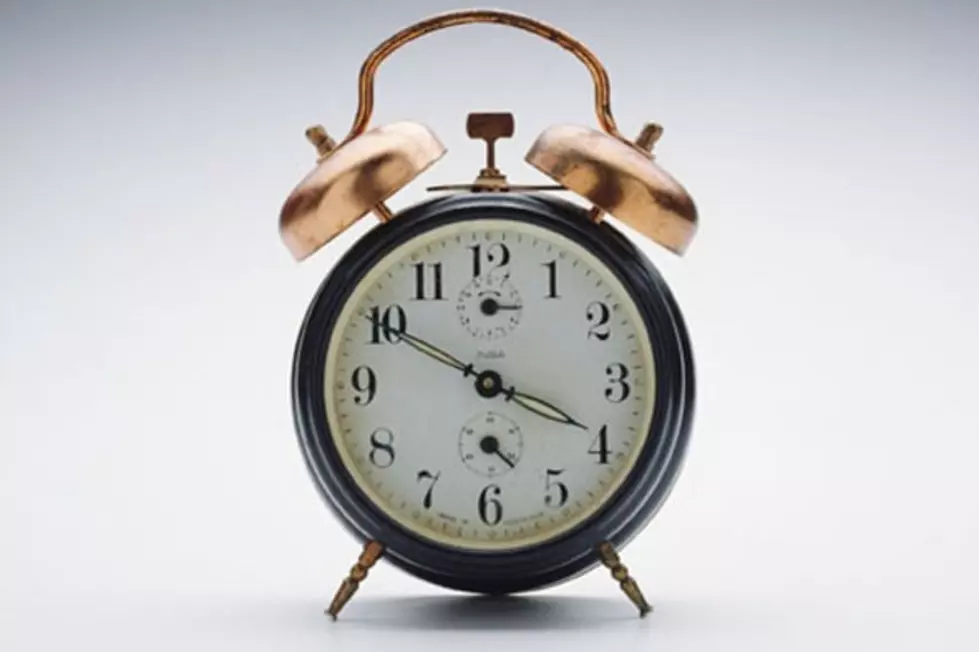
Daylight Saving, or Standard? The not-so-obvious reason New Jersey needs both (opinion)
It's a debate that comes up every year in the Garden State. Do we keep changing the clocks, or is it time to stop this madness and let it be?
One of the perks of falling back is the extra hour of sleep we gain. But with that perk comes a disadvantage when spring approaches.
Nobody likes to lose an hour of sleep, but we're perfectly happy to trade that for an extra hour of daylight in the evening. In general, people tend to be happier with Daylight Saving Time over Standard Time.
But there is a modern reason why the clock change is necessary. Yes, it's an antiquated practice, but the annual springing forward and falling back does serve a meaningful purpose every year.
Before we dive into it, let's just put it out there that no matter what we set our clocks to, it doesn't make a noticeable difference whatsoever with energy consumption.
The streetlights will still come on and we still need to commute. We're still heating our homes in winter and cooling them in summer. It's already been shown there's not much of a benefit here, so we'll just take that argument off the table.
Aside from that, there is a not-so-obvious reason why New Jersey benefits from having both Daylight Saving Time and Stanard Time every year. And part of this reason has to do with where we're located geographically. Meaning, the benefits for us might not be the same elsewhere.
So what can that reason be? Well, it has to do with sunlight.
Now on the surface, that argument sounds weak. I mean, isn't that obvious? More sunlight in summer and less in winter? That part is true, but the not-so-obvious part has more to do with where that extra sunlight is. Or better yet, lack thereof.
The benefit of Standard Time in autumn and winter
I think we can all agree that not many of us like how short the days are during fall and winter. If it wasn't for festive holiday lights early in the season, it would be a lot harder to tolerate getting dark when it's technically still the afternoon.
But have you ever stopped to consider what would happen if we stayed on Daylight Saving Time year-round? We'd still get dark pretty early at the end of the day, but it'd be even worse during the morning hours.
This problem starts to become evident just before we fall back heading into November. Kids and teens are waiting in the dark for their buses and we get our day started mainly before the sun comes up.
If we didn't fall back, sunrise would eventually occur after 8 AM across the Garden State. Can you imagine our days starting that dark for so long? It also wouldn't be safe when it comes to starting the school day.
Right now, we only deal with this for a few weeks. Imagine it literally being dark in the morning for a majority of the season? Many of us wouldn't be a fan of that, especially when factoring in how cold it can get.
So that's the main reason Standard Time is important during the colder months of the year. We may not like the shorter days, but it does serve an important role with morning sunlight.
Now that we dove into Standard Time, let's take a look at Daylight Saving Time.
The benefit of Daylight Saving Time in spring and summer
More daylight in the evening isn't the only benefit of Daylight Saving Time. This benefit also extends into the morning. Much like Standard Time, that not-so-obvious benefit also occurs in the warmer months.
Now you might be thinking, how does it add more sunlight in the morning? The fact is, it doesn't, and that's exactly what the benefit is.
Basically, Daylight Saving Time prevents the sunrise from occurring too early. If New Jersey went year-round in Standard Time, the sunrise during late spring and early summer would happen around 4:30 AM. That means by 5 AM, the bright, strong summer sunlight would be shining through your windows.
Now if you're a morning person, this probably wouldn't be a big deal. But the majority of New Jersians most likely don't want their day to start that early, especially when we like to enjoy the warm summer evenings.
Here's another thing to factor in. If we remained on Standard Time year-round, that would mean twilight would start as early as 4:15 AM for the longest days of the year. Can you imagine?
So that's the main reason why New Jersey would want to continue falling back and springing forward every year. If we stopped observing both now, then one of the above scenarios would occur.
But, there is one more reason why we can't live without both Daylight Saving and Standard Time. And this reason is up there among the pork roll vs Taylor ham debate.
It's something New Jersey likes to complain about
Whether we want to admit it or not, there's no denying we like to debate the clock change every year. Those who oppose Daylight Saving will say it's an antiquated practice, while those who dislike darker evenings will oppose Standard Time.
Also, like the pork roll vs Taylor ham debate, we're very passionate about where we stand on this issue. But I ask, is there anything wrong with that? New Jersians are proud to express what they believe in, and there's no reason for that to ever change.
So there you have it, the not-so-obvious reason why New Jersey must spring forward and fall back. Aside from the way sunlight affects our mornings, we're also quite vocal regarding this very important issue.
With that said, it wouldn't be fair to not give you an opportunity to tell us where you stand. So let us know what you think.
The Most Expensive Homes That Sold In New Jersey In 2021
You'll Miss These Foods the Most When You Leave New Jersey
More From New Jersey 101.5 FM









